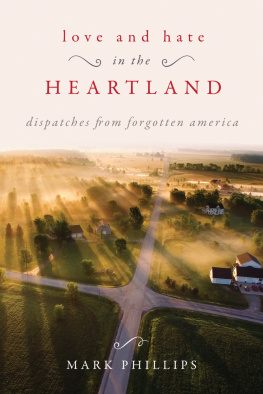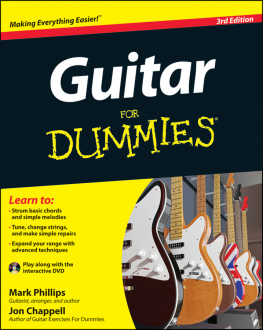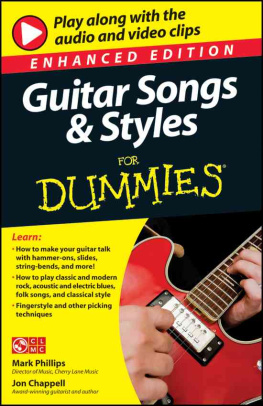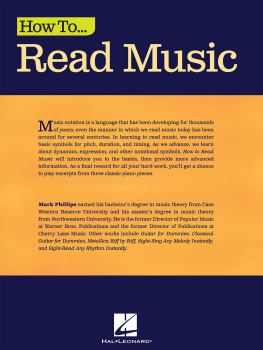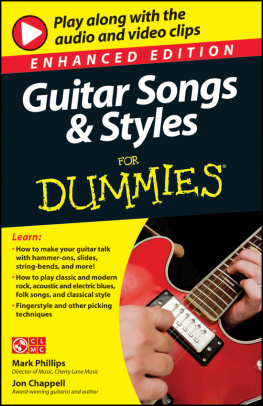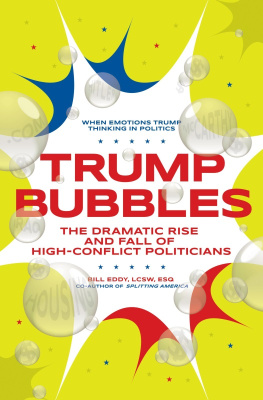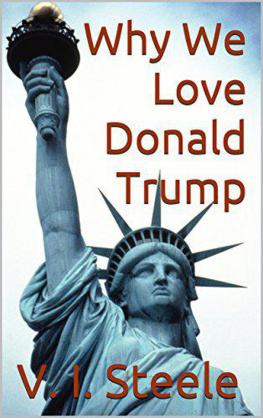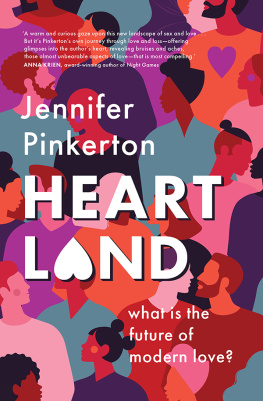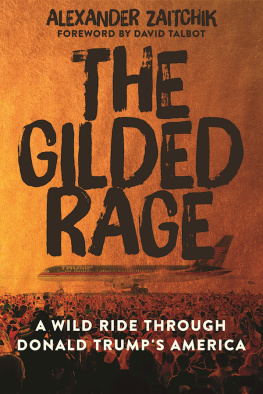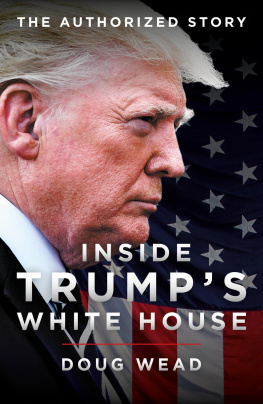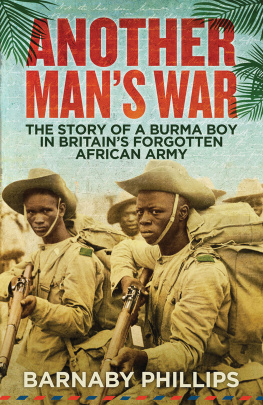
Also by Mark Phillips:
My Fathers Cabin
Copyright 2018 by Mark Phillips
All rights reserved. No part of this book may be reproduced in any manner without the express written consent of the publisher, except in the case of brief excerpts in critical reviews or articles. All inquiries should be addressed to Skyhorse Publishing, 307 West 36th Street, 11th Floor, New York, NY 10018.
Skyhorse Publishing books may be purchased in bulk at special discounts for sales promotion, corporate gifts, fund-raising, or educational purposes. Special editions can also be created to specifications. For details, contact the Special Sales Department, Skyhorse Publishing, 307 West 36th Street, 11th Floor, New York, NY 10018 or .
Skyhorse and Skyhorse Publishing are registered trademarks of Skyhorse Publishing, Inc., a Delaware corporation.
Visit our website at www.skyhorsepublishing.com.
10 9 8 7 6 5 4 3 2 1
Library of Congress Cataloging-in-Publication Data is available on file.
Cover design by Rain Saukas
Cover photo credit: iStockphoto.com
ISBN: 978-1-51073-498-2
Ebook ISBN: 978-1-51073-500-2
Printed in the United States of America
In memory of Kim
ACKNOWLEDGMENTS
I am grateful to the helpful and patient editors at journals where portions of this book were previously published. Many of these essays originally appeared in different form in Commonweal , Salon , Blueline, The Sun, Notre Dame Magazine, North Dakota Quarterly, The Phoenix, J Journal: New Writing on Justice, and my memoir, My Fathers Cabin. Also, I am grateful to the authors whose books I consulted while writing three of my essays here: Laurence Marc Hauptman ( In the Shadow of Kinzua ), Joy Bilharz ( The Allegheny Senecas and Kinzua Dam ), Peter J. Thuesen ( Predestination), Paul K. Jewett (Election and Predestination ), Jeffrey Burton Russell ( Mephistopheles and The Devil ), and Maximilian Rudwin ( The Devil in Legend and Literature) . Finally, and for numerous reasons, I thank the Phillips clan, Doug Whiteman, Joe Craig, Tony Lyons, Lilly Golden, Kerry Temple, and Bridget Kehrer. And especially Athena.
And a note on spelling :
The place-name Allegheny sometimes appears in this book as Allegany . I live on the Allegheny Plateau and near the Allegheny River and Reservoir, but also near the town, county, state park, and Native American territory given the name Allegany , a regional variation of Allegheny .
CONTENTS
PREFACE
D ont let them make you forget where you came from, my father said to me when I was earning a teaching degree. He also said, Study hard. You wont make a living by writing except in your dreams. I didnt think he needed to worry: I was proud of where I came from. And I had no intention of ever going back.
Two decades later, during one of my periods of unemployment, I joined my writer friend, Tomwho had not yet begun to make a living by writingat a bar where free Buffalo-style chicken wings baited customers into buying expensive beer. At a table beneath the noise and flashing of a television, his and my literary insightswatered by the two glasses of beer that each of us purchasedgrew until a waiter encouraged us to depart the premises because we had been inhaling so many free wings that he feared we would bankrupt the boss. We soon resumed our conversation back at Toms kitchen table, also known as the salon, where the beer was cheaper. When we eventually got on the subject of what hard work writing is, Toms wife, Fran, couldnt bear to hear another word of nonsense from a pair of unemployed typists. You guys sound stupid, she said. The farmers around here, they work hard. Theyre working before its light out and work until after dark. They all get bad backs and bad hips and they keep going. What are you guys going to get? Hemorrhoids?
Maybe I was forgetting where I came from.
W here I came from was the town of Pendleton, New York, twenty miles from Buffalo, and where the Oklahoma City bomber, Timothy McVeigh, grew up. McVeighs father worked on the mass-production line at a radiator plant operated by General Motors, and my father welded at a coal-fired power plant just outside of Buffalo. General Motors has since sold the radiator plant, and the power plant is now idle.
Everyone knows about the manufacturing and employment changes in America; the Wall Street Journal has faithfully reported the effects on stocks and bonds. Damage to workers and their families has been covered all along by certain rust-belt newspapers, such as the Buffalo News and Detroit Free Press , but for the most part the suffering of the downsized and dispossessed was ignored until the ascendancy of Donald Trump to the presidency, when the victims became categorized as the Trump voter. They were also dubbed the rural white voter, although most working-class people live in cities and suburbs; and in rural America, such as the northern Alleghenies, where Ive lived for thirty-seven years nowin the little town of Ischua, seventy miles south of Pendletona Trump supporter in a house trailer might live on the same road as a liberal in a $200,000 renovated Victorian. Rural whites, whether they are rich or poor, or have a college degree, medical insurance, or a religion, all are lumped together as the Trump voter. This tells me that when someone different is elected president, and Trumps kind of lip-servicing of rural Americans can no longer be mistaken as genuine, most of the nation will feel free to forget about us in the hinterlandswhoever any of us really are.
S ince that night at Toms kitchen table, Ive tried to remember where I came from, and yet I couldnt go back to the old working-class life even if I wished. To borrow an expression from Gertrude Stein, these days there is no there there.
Whats more, the there there was never as I used to believe. Even when Americas factories were at full production and the union was king, working-class whites on the whole were never exactly the kind of people that most of us like to think they are. Although stubbornly proud, for a long while now the working class, whether in the city or suburb or countryside, has been neglected by our government and mocked by my fellow college-educated liberalsand yet, despite their frequent generosity to each other and their belief that they are fair-minded folk, many of the white working class mock, resent, hate, or prefer to neglect their fellow struggling Americans whose skin is darker.
Dad would be proud of what Ive become, but with ambivalence. Im a full-time teacher and tutor in the Higher Education Opportunity Program at a small Franciscan college, and am blessed to know my studentsa belief of mine that would have troubled my dad. Each of them is a recipient of a scholarship for those who without financial help would be unable to attend college, and since most of my students have brown skin, my father would have regarded them as confirmation of his belief that whites are discriminated against. The students are one of the reasons I have a job, and have taught me more than I them. Some years ago, a student and I were discussing the snarling and murderous racism evoked by portions of Richard Wrights Black Boy , and I said, The strange thing about the bigots in my own family is that otherwise theyre decent people.
A decent bigot, she said. Isnt that an oxymoron?
I answered with one word, and became silent on the subject of decency and bigots, until now.
T his book travels the American heartland, by which I mean an experiential and emotional rather than geographic place. The personal and narrative essays that comprise this book are linked by my now deceased grandparents, parents, aunts, and uncles; my living wife and two children; my friends and neighbors; and my former and current selves. Whether flesh or ghosts walking the land I call home, they tell me stories of love and hate.
Next page
